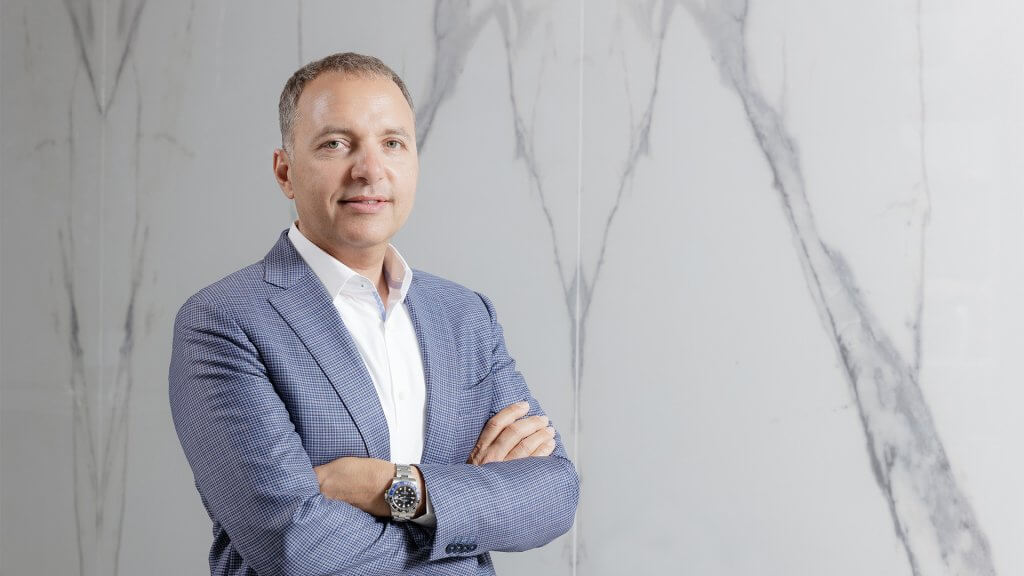Expert Advice on How to Become a More Impactful Leaders
- RADA Business Tutor Abi Eniola provides insights on how to unlock your purpose and become a more effective leader
You may have a plan for your career trajectory, perhaps a desire to move up the corporate ladder. Have you ever thought about WHY you are doing it, and what is really important to you?
Leadership purpose isn’t about what you do, it’s WHY and HOW you do it. Finding and understanding your purpose and being able to embody that through your work and relationships with others is key to impactful leadership, excellent performance, a motivated team, and even sustaining your personal wellbeing.
Abi Eniola, Tutor at RADA Business, a business performance partner, offers her advice on how to channel your purpose into your work and truly understand what motivates you within your role as a leader.
Why finding purpose is important
Your purpose is not a summary of your CV, or a list of your career highlights or qualifications, rather, it’s an overarching statement (and embodiment) of what really matters to you.
“When someone knows who they are and what they stand for, and is connected to their purpose, they can embody it so that other people experience them in a potent way. This is particularly powerful as a leader or figurehead of an organisation. When we are really aligned with our purpose, we are at our most effective; and as a leader, you become much more present for your team,” says Abi.
Unearthing your purpose
Your leadership purpose comes from within you, it is who you are. “If your purpose is really resonant, it can cut across every area of your life”, explains Abi. “Some leaders connect to their purpose quickly, while for others it takes more time – sometimes weeks or months.”
“For me, the ability to express myself – to have a voice – was a theme in lots of key experiences in my life”, says Abi. “It is equally resonant in all the work I do now as a Coach and Tutor. In a statement, mine is ‘to free excellence’.”
Discovering your own purpose starts with looking at all areas of your life to pinpoint common themes in your key or significant experiences. Abi says “it’s about exploring the experiences in your life that have shaped you and made you the person you are. Identifying the things you do that bring you pleasure and uplift you can also help you to get closer to your purpose.”
“We then tease out how those experiences relate to your actions and decisions as a leader. When were you at your best and really firing on all cylinders? What was feeding that feeling or state? What meaning were you generating from it?”
Embodying your purpose
Once you’ve discovered your leadership purpose, how can you bring it to your work life? As Abi says, “it’s not about going around telling people what your purpose is, it’s about allowing people to experience it”.
Calling your purpose to mind might be easier than you think because it is so personal to you. When you have found your purpose, it frees up emotional, psychological and physical energy, because it’s based on your own memories, values and lived experience. “This feeling of having purpose can also change our brain chemistry”, says Abi. When we see something of value to us, dopamine is released and we are motivated to reach out and attain it; in other words, we have a goal and clear purpose dopamine is the motivation and the reward neurochemical. It helps us to be much more productive.
When your purpose doesn’t align with your organisation
There may be times when your purpose doesn’t seem to align with the values or culture of your organisation; how then can you make it work in your career?
“It’s about awareness and choice”, says Abi. What choices do you make? Is there a way of working with the current situation, even though you may not necessarily agree with all of it? Can you find where you agree and are there parts of your purpose that you can align with your organisation?
However, if you find that the personal cost feels too high, it’s important to recognise that as well”, explains Abi. “Acknowledge that you are not honouring your purpose and look at where you can adjust aspects of your role or move on to a role where you can do so more fully. It is about personal choice. We always have a choice about our attitude and how we respond to a situation we find ourselves in.”
Clarity of purpose can also empower you to be your authentic self. “This recognition can be incredibly empowering. It’s important to remember that we can have more than one purpose. There are some fortunate souls who manage to find their higher purpose or calling, and it resonates throughout every area of their life. But for many of us that is not the case. In truth, this type of higher purpose is deep work, and can take months, years, or a lifetime to discover.”
Consider your purpose
When did you last pause to consider your purpose and how it fits with your current role? Discovering your purpose is not always easy, but it is important and will pay great dividends in your career.







